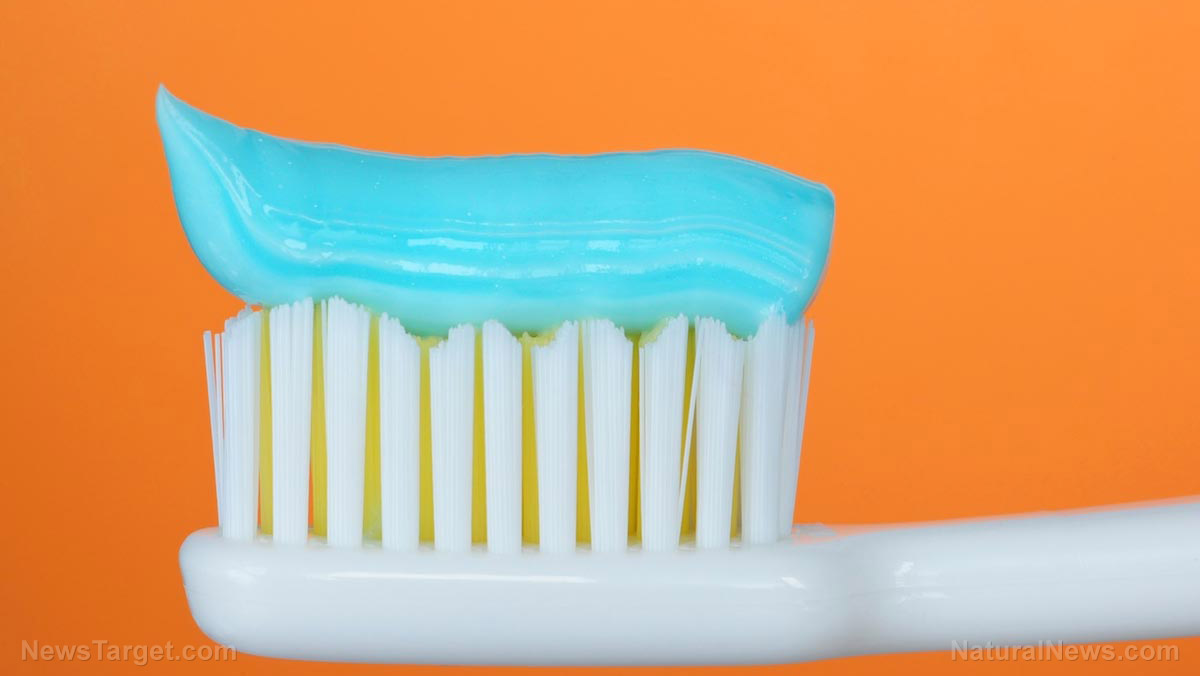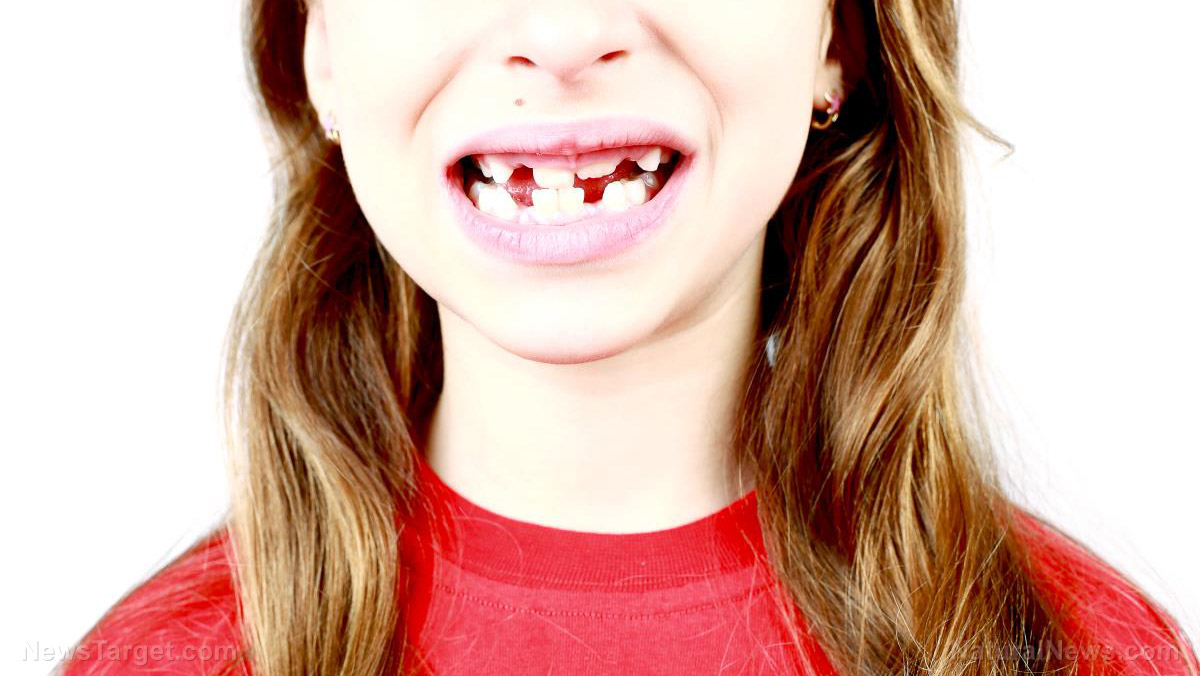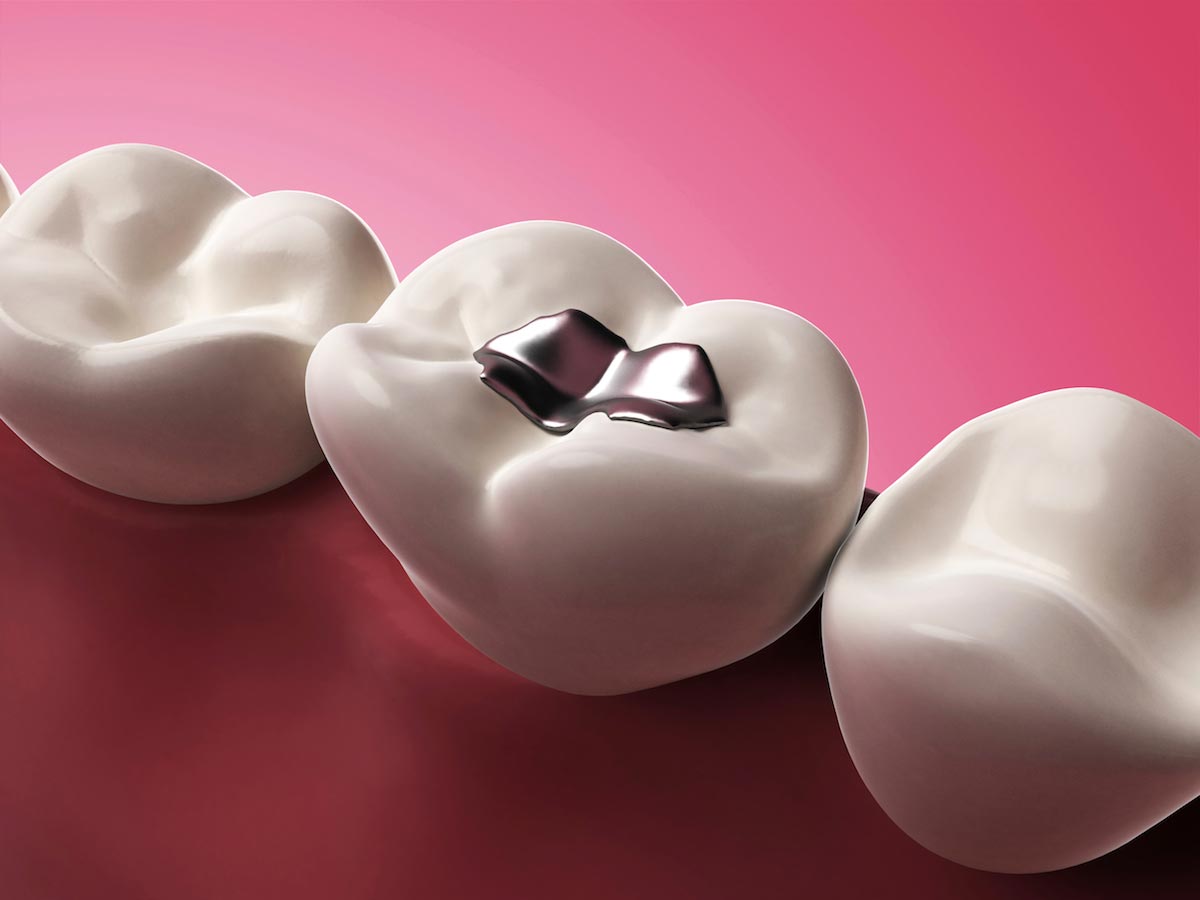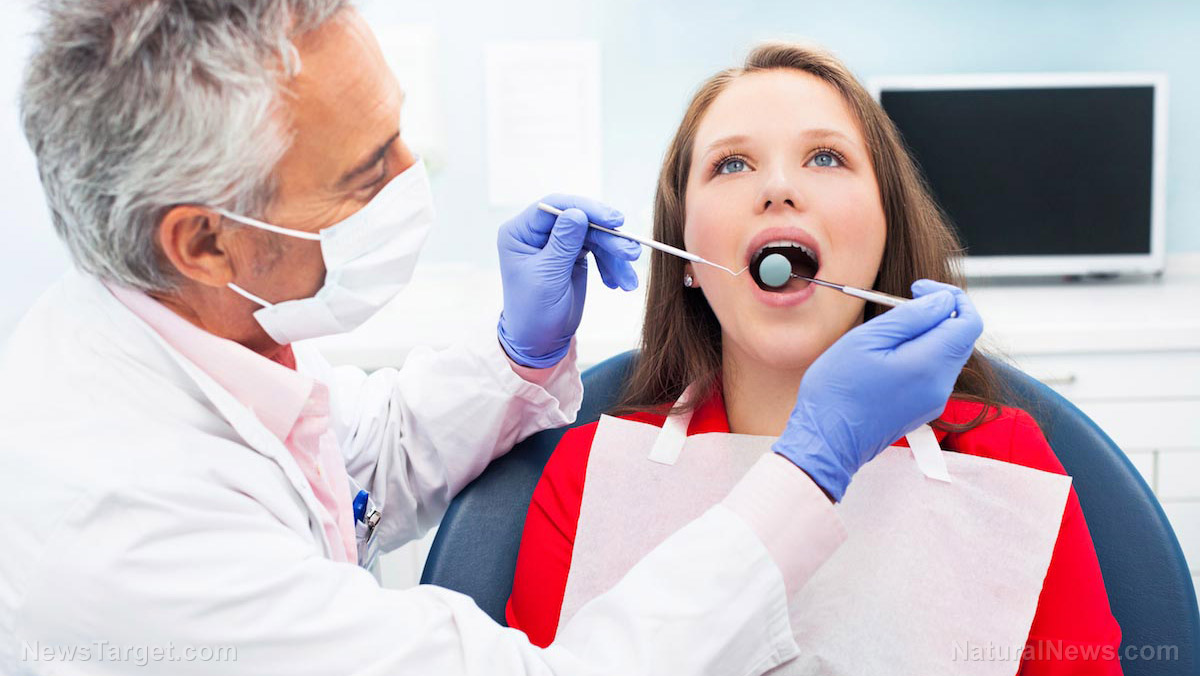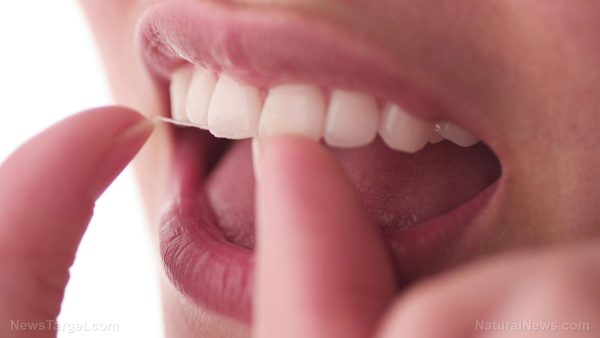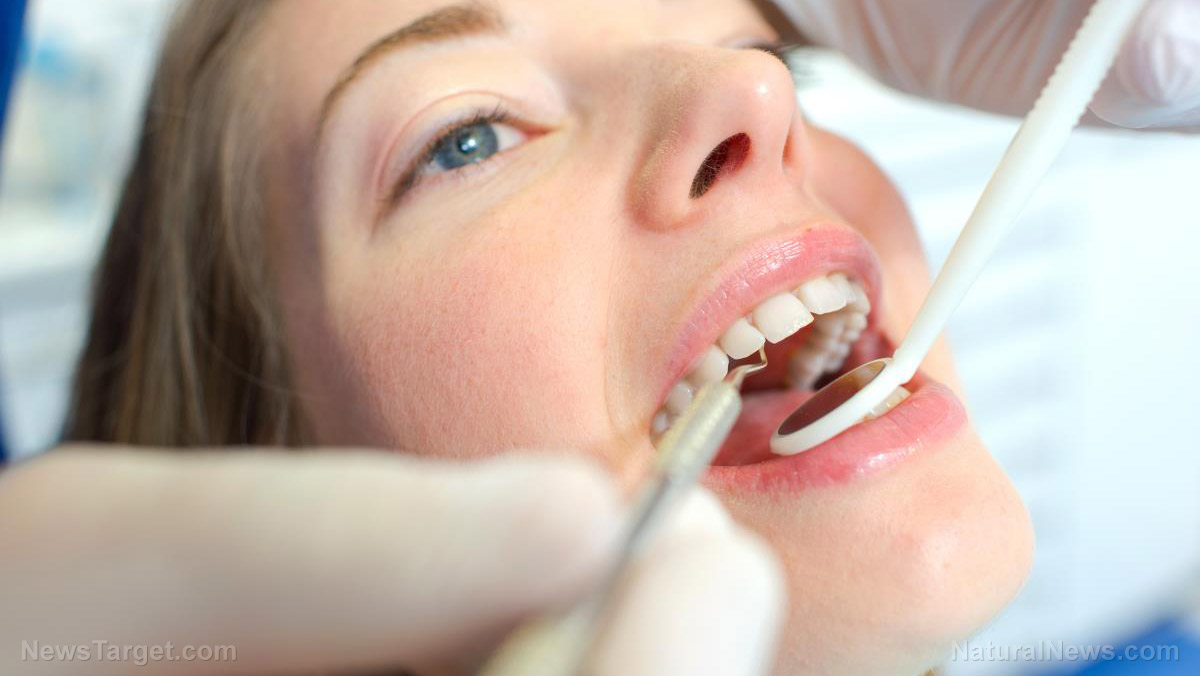For Nathan Pfister, dentistry is more than just teeth and gums.
(Article by Jim Cook)
Pfister is one of just a handful of biological dentists working in Alabama. Biological dentistry takes a more holistic approach to dentistry, focusing on how dental issues impact overall health and how health issues affecting other parts of the body impact the teeth and gums.
“Biological dentistry considers more than just teeth and gums, it considers the whole person and the impact the mouth has on the rest of the body,” Pfister said.
Pfister said that specific medical conditions including memory disorders, Alzheimer’s, heart problems, diabetes and stroke all have links to dental bacteria and inflammation originating from the mouth. Visitors to Pfister’s office are quizzed by Pfister on their diet and oral health habits and Pfister examines patients’ plaque under a microscope to see whether any oral health problems they may have are being caused by poor nutrition, bad dental hygiene or an underlying medical condition.
Pfister has the same education as traditional dentists and is a graduate of the University of Southern California. He supplemented his training with further training in functional medicine, chirodontics and other disciplines.
There are quite a few differences between Pfister’s work and that of traditional dentists. Pfister and other biological dentists shy away from using metal fillings for cavities, preferring instead to use metal-free materials. Pfister offers metal filling removal services to safely remove metal fillings and dispose of them in an environmentally-friendly method.
Metal fillings are a controversial issue in the dental community, with many traditional dentists insisting that they are safe, while others question their safety because of mercury in the fillings.
Pfister said his practice uses less invasive techniques than are commonly used in traditional dentistry. Pfister said to treat cavities, his practice often uses air abrasion rather than a drill. Pfister also does not do root canals and suggests that patients explore other alternatives before trying a root canal. Prevention is also a large part of Pfister’s work. He said that by taking a whole-body approach to dentistry rather than just treating the mouth, he can help patients head off potential problems before they occur.
“We try to heal the teeth and try to be less invasive,” he said.
Pfister said the non-invasive nature of his practice and its emphasis on whole body health make it ideal for people who suffer from allergies to materials used in traditional dentistry. Pfister said people with autoimmune issues or who are chemically sensitive do well with biological dentists. He said many of his patients drive several hours to see him.
“I’m not here to change everything or to try to get people to switch from their dentists,” he said. “I’m just here to provide another option.”
Read more at: dothaneagle.com


